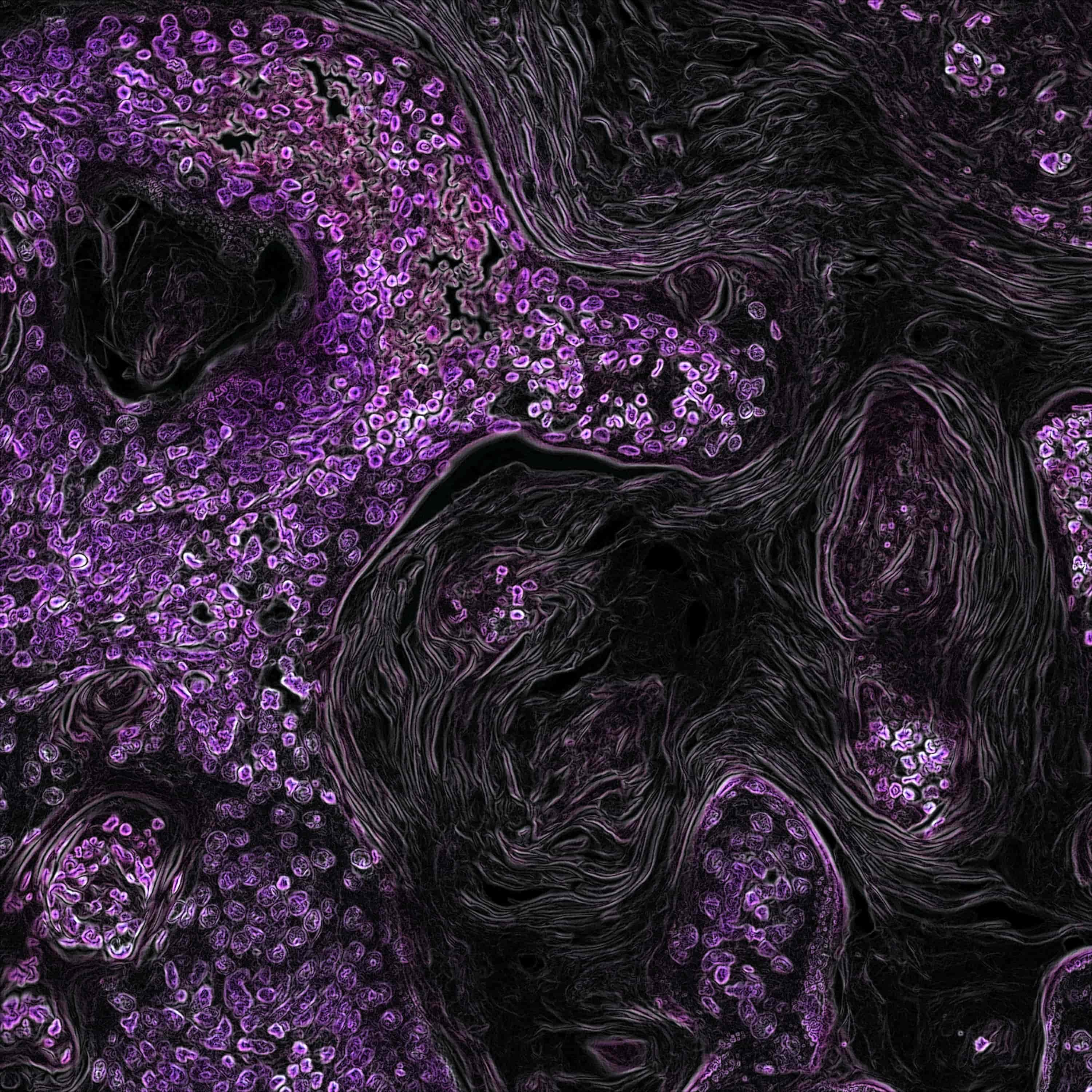The latest news on ARTiFACTS Verify

It’s been a little while since we’ve given you an update on what’s happening with ARTiFACTS Verify – and that’s because it’s been all hands on deck building on our successful pilot and scaling up our platform. We’ve got a lot to tell you so keep an eye on the blog over the coming weeks.
Where we are
We’ve talked about the problem of substandard and falsified (SF) drugs in previous posts. The human cost and the economic cost are both substantial, and solutions must be found to reduce them: which is why we developed Verify. Our powerful platform can be used to track and verify pharmaceutical products, from the manufacturing stage all the way to patients who need their medicine.
From our pilot program, we have developed the following core capabilities of Verify (CAT):
- Capture data from multiple locations using low-cost tools such as PAD (Paper Analytical Device) readers
- Analyze initial results using Artificial Intelligence to identify suspect drugs quickly for in-depth analysis of their Active Pharmaceutical Ingredients (APIs)
- Track SF drug data using blockchain technology to create an immutable chain of custody
Building on our successful Pilot
We have just released an update to the Verify system for current customers, introducing valuable enhancements that broaden the appeal of Verify:
- Verify can monitor the time taken for all the steps between sample collection and analysis, allowing users to speed up detection of SF medicines.
- We have expanded x-fold the number of APIs and testing protocols supported on Verify which massively increases the SF screening capacity for client organizations.
- A richer feature set allows faster deployment across collaborating teams, and for all work to be completed using Verify, thereby eliminating dependencies on multiple, disconnected systems and third-party tools.
These APIs are confirmed to be supported by Verify:
- Albendazole
- Amoxicillin
- Ampicillin
- Azithromycin
- Benzyl Penicillin
- Ceftriaxone
- Chloroquine
- Ciprofloxacin
- Doxycycline
- Epinephrine
- Ethambutol
- Hydroxychloroquine
- Isoniazid
- Promethazine Hydrochloride
- Pyrazinamide
- Rifampicin
- RIPE
- Sulfamethoxazole
- Tetracycline
Putting Verify into practice
Verify is now incorporated in the ongoing screening for SF medicines by the DPAL community and the training of university chemistry students engaged in this meaningful research.
“Educating the next generation of analytical chemists requires they understand the importance of capturing data accurately and securing findings, which Verify provides,” said teaching professor Jill Robinson of Indiana University.
“Using Verify in our lab gives students access to a state-of-art information solution that supports SF screening they perform on amoxicillin samples we receive from our partners working in sub-Saharan Africa,” added associate professor Kyle Knust of Millikin University.
What’s next
Importing historical results into Verify for deeper analysis: While the DPAL program at the University of Notre Dame continues expanding its use of Verify for evaluating SF medicines, labs across the DPAL community have many data archives with the results for thousands of drug samples they wish to organize and analyze. We are busy structuring efficient methods for importing these data into Verify where they can be mined to identify trends and expose insights useful for ongoing scientific research and for in-country mitigation actions.
Enhanced data management services: Scientific research is largely conducted with the financial support of governments, private charities, industry and various NGOs. In an effort to speed innovation, these organizations ask or explicitly require grant recipients to share data they produce. Collaborating with our user community, we are designing a suite of services useful for meeting the Data Management Plans and compliance requirements of these funders.
Addressing chemotherapy medicines with Verify: It should come as no surprise that healthcare practitioners are warning that chemotherapy medicines are under attack by SF products finding their way into the supply chain. These drugs are expensive (higher value) so they are attractive targets for falsification, and in turn, patients face more severe risks from fake or substandard chemotherapy drugs. The Lieberman Lab is on the case, funded by a five year grant from the NIH, to research and report on the extent and nature of the impact on patients and healthcare systems in Africa.
“Chemotherapy treatments are administered by hospitals and clinics that are eager to ensure their patients get good quality medicines,” said professor Lieberman. “We appreciate the support that Verify provides for tracking the physical location and place in the workflow of these samples, which may be temperature sensitive or dangerous to handle. As we begin this project, which initially spans Cameroon, Ethiopia, Kenya and Malawi, my collaborators and I are working closely with the ARTiFACTS team to deploy Verify in support of this important research,” added Lieberman.
Keep your eye on this blog for news of our progress. We welcome hearing your ideas and questions and encourage you to contact us at info@artifacts.ai.


Learn how to protect patients, brand reputation, and intellectual property from SF medicines
Learn how to protect patients from SF medicines



